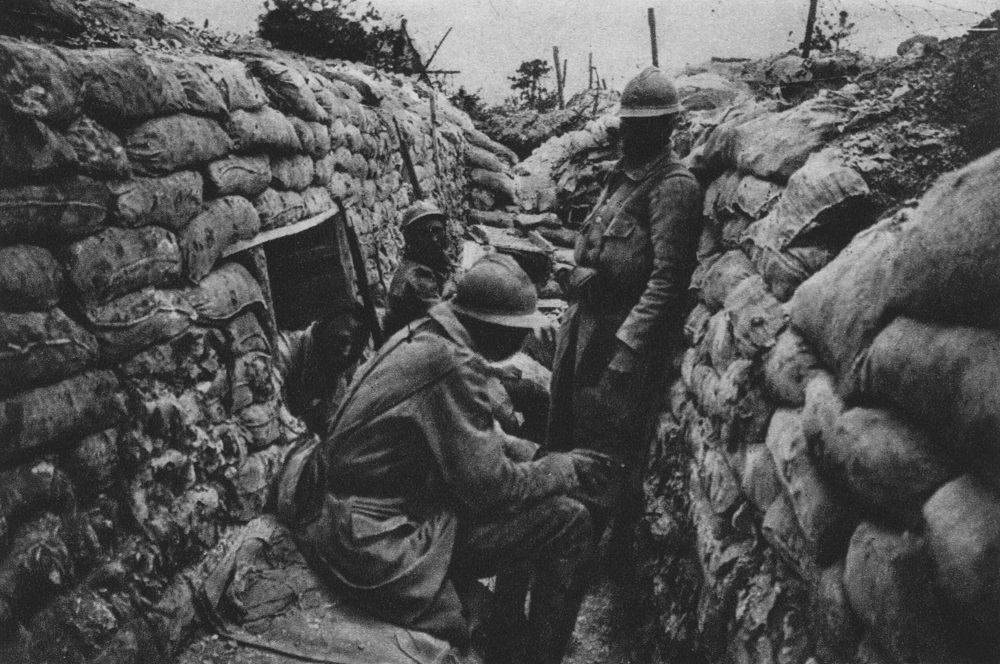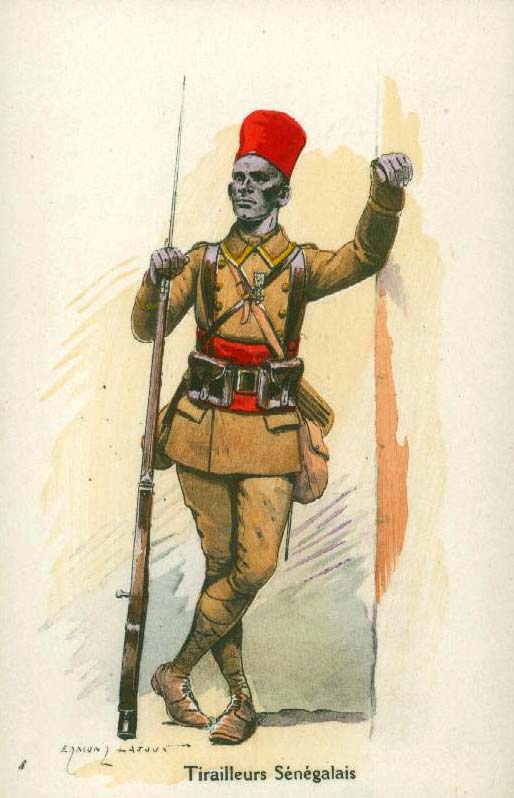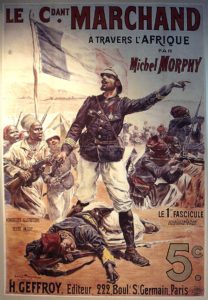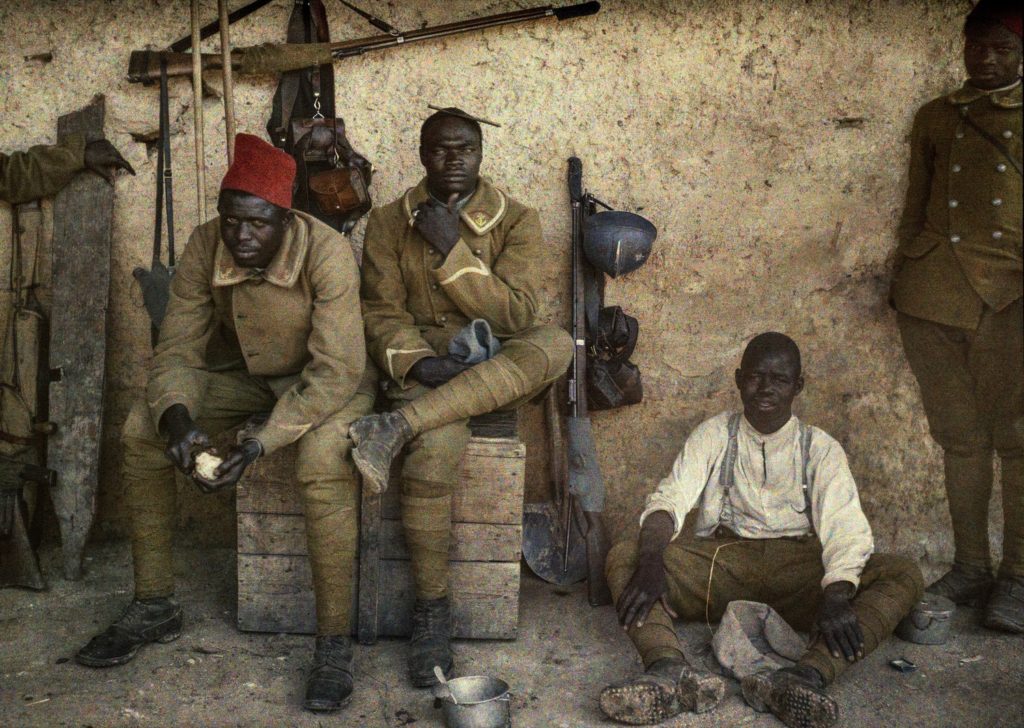My review of At Night All Blood Is Black, by David Diop, translated from French by Anna Moschovakis, is posted at Historical Novel Society here.
David Diop’s harrowing book takes place on WWI’s Western Front. Its protagonist is a Black African soldier serving colonial France as a member of the army units known as the Tirailleurs Sénégalais.


Tirailleur means “skirmisher” or “rifleman.” Men in the Tirailleurs Sénégalais came not only from Senegal, as the name implies, but from other French colonies mostly in West Africa. World War I saw some 200,000 Black African troops fighting for France. Of the 135,000 who fought in Europe, 30,000 were killed.
“Conscripted” is a somewhat light word to use in regard to the recruitment of many of the men. Coercion, including physical force and threats to family members, was frequently used to fill the ranks. Many joined ranks freely, though, just as men and women do all over the world, for prestige or financial gain, or for adventure.

Honors for the Tirailleurs Sénégalais were largely neglected by France. Modest memorials and a small museum in Senegal remember the men who left their homeland to fight in a far-away war. Some never came back, but rather settled in France.
The World War I of Diop’s At Night All Blood Is Black is much too messy, morally and physically, to allow for heroes. But however appalling the actions of his protagonist, Diop does not fail to evoke compassion for him.

SOURCES: “Senegal honours the soldiers who fought for France in WWI,” France24 | “France Confers Citizenship, Conscription” by Erik Sass, MentalFloss | “How colonial violence came home: the ugly truth of the first world war,” by Pankaj Mishra, The Guardian